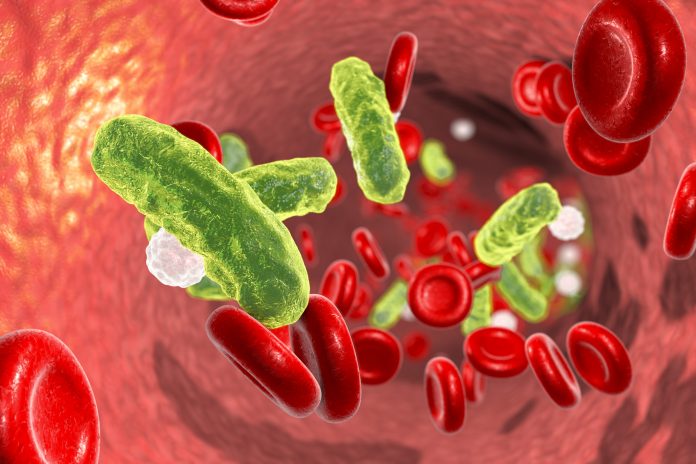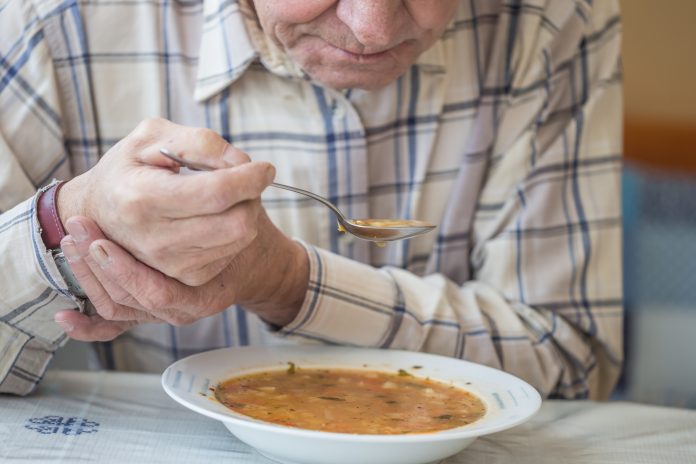When 42-year-old Rashmi Khanna was diagnosed with hypertension, which is being called a silent killer and a precursor of cardiovascular diseases like strokes, heart attack and heart failure, her doctor advised her to roll it back through lifestyle correction instead of building drug-dependence over the long term. You are considered hypertensive when your blood pressure is more than 140 mmHg systolic and more than 90 mmHg diastolic. Since she was just slightly over the threshold, she followed the doctor’s instructions like fixing meal times, changing diet components, sleeping on time and regularizing her physical activity. However, for all the gains she was expected to make, she slid on her readings. That’s because she had not compromised on the salt in her food, which was consistently impacting her blood pressure levels.
“The total intake of salt in a day should be less than 5 gm. But the average Indian consumes around 10 gm of salt per day. Studies have found that higher the daily salt intake, the higher the systolic blood pressure. Salt increases the heart rate. A reduction of dietary sodium/salt intake can not only reduce blood pressure but also reduce cardiovascular morbidity and mortality,” says Dr Rajesh Vijayvergiya, Professor, Department of Cardiology, Advanced Cardiac Centre, Post Graduate Institute of Medical Education & Research (PGIMER) Chandigarh. “For an adult individual, the blood pressure should be less than 140/90 mmHg. About 25 per cent of India’s adult urban population report hypertension because of an unhealthy lifestyle such as lack of physical activity and attendant obesity, stress, diet and smoking. But there is also an increased salt intake as they consume junk, processed, packaged and canned foods,” he adds. Non-compliance of salt restrictions can lead to resistant hypertension. If you already have high blood pressure and have not compromised on your salt intake, not only will your readings go upward, even blood pressure medication won’t work.
According to Dr Vijayvergia, “Cutting down on salt will start to make a difference very quickly, lowering your blood pressure levels even within weeks. A 7 mmHg increase in blood pressure increases the cardiovascular risk by 27 per cent. On the contrary, a 6 mmHg reduction in high blood pressure reduces the risk of cardiovascular events by 16 per cent and the risk of stroke by 42 per cent. Hypertension is directly responsible for 57 per cent of all stroke deaths and 24 per cent of all cardiac deaths.”
THE LINK BETWEEN REDUCING SALT INTAKE AND LOWERING BLOOD PRESSURE
Many studies, as referenced by the European heart Association, have shown that salt restriction can lower blood pressure, one of them even quantifying it, saying a reduction of about 1.75 g sodium per day (4.4 g sodium chloride/day) is associated with a mean reduction in systolic/diastolic blood pressure of 4.2/2.1 mm Hg, respectively. There was a more pronounced effect (5.4/2.8 mmHg reduction) in patients with hypertension.
HOW SALT INCREASES BLOOD PRESSURE
The logic is rather simple. A high salt intake leads to higher water retention, which means a higher volume of the circulating blood. This puts stress on the blood vessels in the heart and increases kidney perfusion pressure. When the kidney perfusion pressure is increased, both the glomerular filtration rate and sodium excretion increase to restore the fluid balance in the body. When this doesn’t happen, hypertension builds up. Many research papers have also found that a high salt intake can cause a marked reduction in the endothelial nitric oxide (NO) which affects vascular dilation. A high salt intake affects the elasticity of arteries and stiffens them.
HOW TO DECREASE SALT INTAKE
The 2020 International Society of Hypertension Global Hypertension Practice Guidelines recommend reducing the quantity of salt added when cooking and at the table, and to avoid or limit the consumption of high salt containing foods, such as fast foods, soy sauce and processed food (including breads and cereals). They also recommend population-based efforts to reduce salt intake and encourage consumption of fresh vegetables and fruits.
“To decrease the salt intake in food, prepare and eat foods without adding any of it, avoid taking processed foods and avoid table salt. The regular requirement of less than 5 gm sodium per day is fulfilled by a regular unsalted diet, hence there is no need to use additional salt during cooking,” says Dr Vijayvergia.
Dr RK Jaswal, Head of Department and Director of Cardiology and Director, Cathlabs, Fortis Hospital Mohali, lists out addictive food items that we must avoid. “Just do away with pickles, papads, packed namkeen, chips, chutney, ready-made soups, canned food, pizzas, and preparations containing baking powder. Regular consumption of sugar-sweetened beverages should be discouraged. Weight reduction of 5.1 kg is associated with a fall in systolic BP of 4.4 mmHg and diastolic BP of 3.6 mmHg. Blood pressure can be treated without medicines by following a strict diet and exercise routine. Eat less, eat right, eat on time, walk a lot, sleep well and be happy,” he advises.
It is, of course, difficult for individual patients to express their daily salt intake. According to the European Society of Cardiology, “Studies which measured 24-hour urinary sodium excretion and then related these findings to the self-reported salt intake of the individual patients found that there was an underestimation in self-reported sodium consumption due to the difficulty of quantifying salt content hidden in processed foods. In some reports, the degree of underestimation ranged between 29 per cent and 41 per cent.”
WHAT ABOUT PREVENTION
Measurement of blood pressure, adds Dr Vijayvergiya, is the simpler way to prevent onset of hypertension and make dietary corrections early on. “Everyone should have his/her blood pressure measured once at the age of 18-20 years and then after every five years to make an early diagnosis.”
WHO has proposed a plan of action to reduce salt intake globally by a relative 30 per cent by the year 2025. Can Indians make it by that deadline? Dr Aditya Vikram Ruia, interventional cardiologist, adds that the American Heart Association recommends no more than 2.3 gm of sodium (about one teaspoon of salt) per day, whereas the average Indian consumes around 10 gm of salt per day. “Weight control, abstinence from alcohol and cigarette smoking help to control hypertension but we need to immediately avoid foods with excessive salt,” he adds.










![Best Weight Loss Supplements [2022-23] New Reports!](https://technologytangle.com/wp-content/uploads/2022/12/p1-1170962-1670840878.png)




